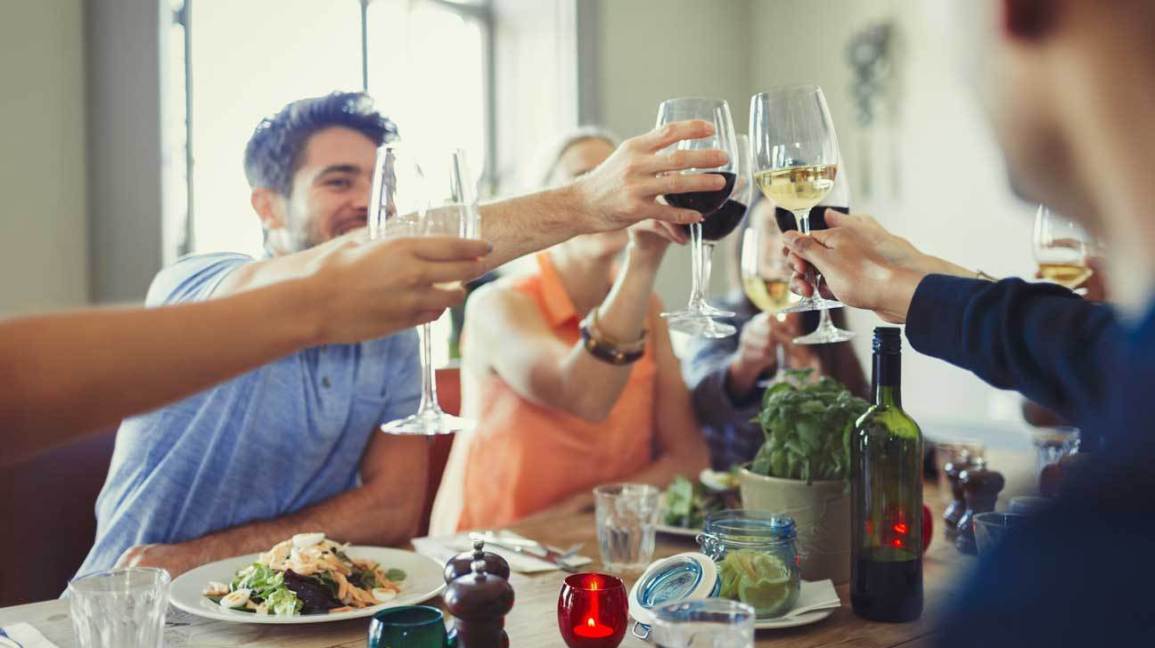You work really hard to make food your family will enjoy and your guests appreciate. How would you feel if you knew one of the ingredients you use is actually impacting its taste? From lifeless looking curries to failed apple pies – the water you use can have a profound impact on what you’re going to serve your guests.
If you’re a foodie, compromising with taste is something you cannot afford. To ensure great tasting food, your water needs to be perfect. Cooking with hard water adds in minerals like calcium and magnesium into your food which ultimately affects the flavour and colour of the food. purewaterguide.net has more information about it.
Hard Water & Baking are Enemies
Let’s admit it, baking is an art. Even the best bakers can get it wrong if they bake with hard water.Mineral content and acidity of water used in baking can affect the finished product. Water represents 40% of total dough mass in bread. Thus, even slight amount of minerals present in water can have measurable effect on dough’s characteristics and resultantly, the quality of bread.
Water with hardness levels in the range between 50-100ppm Calcium carbonate is considered best for baking bread as they have strengthening effect on gluten present in the dough. On the other hand, excessive hardness in water (above 200ppm) tightens and toughens the gluten structure, thus impacting the fermentation process. The decrease in fermentation rate hinders water absorption.
Using soft water is objectionable as well as they lack gluten strengthening minerals which leads to a soft and sticky dough. While a softener dough may yield bread with good volume and an even grain, the texture and colour would be poor.
The pH of water also needs to be considered as high pH in hard water is undesirable because it neutralizes the acidity developed during the fermentation process.
It is, therefore, important to get the balance right.A https://watersoftenershub.com/best-water-softeners/ removes salts present in hard water making it perfect for baking purposes.
Hard Water and Cooking Don’t Get Along Well
Dissolved minerals in hard water can also affect the taste, texture and colour of what you cook. Take your favourite veggies for an example. When you blanche them in hard water, you’ll notice that they lose their colour and texture changes. Rice is another great example. Rice cooked in hard water turns out to be hard.
Hard water also increases the boiling point of water, making it longer to boil it. While it may not be a drastic difference, it could be frustrating at times when you’re in a hurry. If you are one of the unlucky people to live in hard water areas, you could also notice your food to taste funny and smelling at times.
What’s the Solution?
While hard water definitely makes your life harder, fixing the problem is not difficult. A water softener makes the job easier for you by transforming the water than runs in your home. It softens the hard water coming for cooking, showering, drinking, washing – everything.
Other benefits include reduced energy costs, no limescale, lower maintenance costs, better hair and skin. You’ll immediately notice the difference when cooking and baking with soft water.
